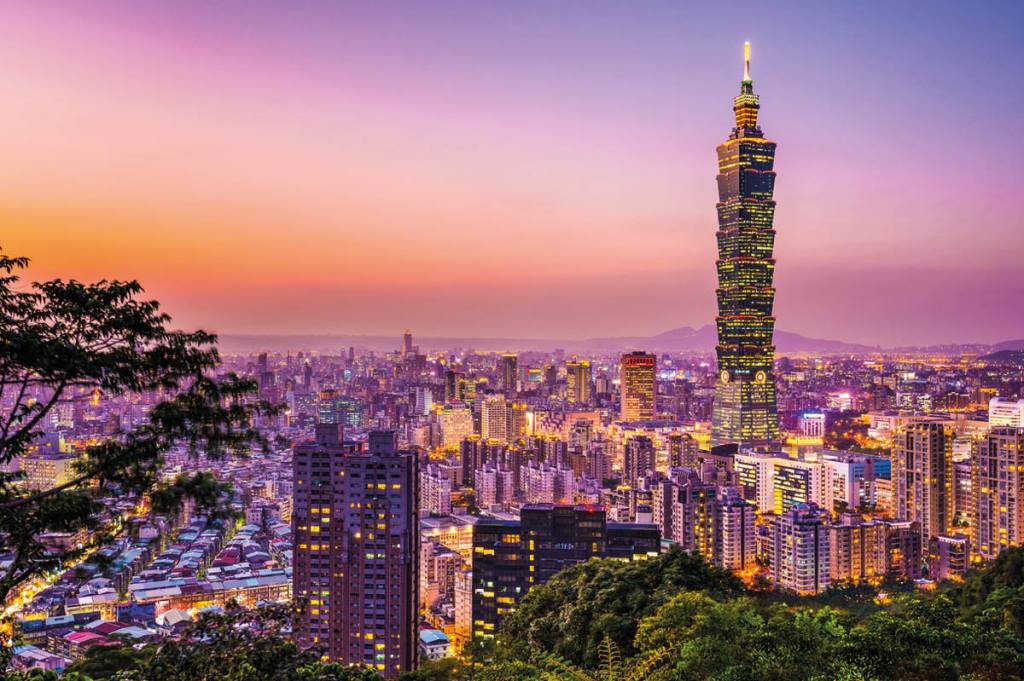When hearing “Taiwan,” people who have some awareness of the world will think of its focal role in US-China relations or computer chips. And if they don’t have much awareness they’ll confuse it with Thailand — yes, this has happened to me multiple times.
But most simply do not know much about the island that was once known as “Ilha Formosa” —beautiful island — by Portuguese settlers in the sixteenth century. The colonizers knew what they were talking about.
The media tells us about military activity in the South China Sea, fostering fear in most. Before I left for study abroad in Taipei, most people’s first reaction when I told them where I was going was, “Aren’t you concerned about China?” or “Isn’t this a risky time to go?”
But Taiwan is much more than a geopolitical hotspot or even a stable Asian democracy we’ve committed to help. It has a unique mix of Confucian, Japanese and American values. Even more surprising — it’s also a nature sanctuary on par with America’s natural parks.
Roughly the size of Indiana, Taiwan is one of the most mountainous places in the world, with 286 peaks higher than 3,000 meters (9,800 feet). The south part of the island also offers beaches with snorkeling and diving.
I’ve never been much of a mountain enthusiast myself, growing up with parents who cared little for outdoor activities. But upon seeing pictures of the landscapes on social media, I knew this wasn’t an opportunity I could pass up.
On a rainy day in early March, two of my roommates and I decided to take on the Jinmianshan hiking trail, located just a thirty-minute subway ride from central Taipei City. Little did we know what we were in for — it looks like it will only take about an hour to walk. But there are large boulders every step of the way. We got on all fours to climb over them.
While we looked for a better way up, two elderly men zoomed past us with their hik-ng poles. When they saw the fear on our faces, they gave us instructions on how to proceed. This type of neighborliness and kindness is common in Taiwan.
I was both stunned and embarrassed at their ability and our clumsiness, but it quickly became clear to me that this was not an anomaly. Parks, hikes and any natural attractions, you name it — there’s bound to be an eager group of old people ready to take it on.
Taiwanese society — like those in other East Asian countries — looks at old age differently than Western culture. The influence of filial piety, the Confucian ideal of respecting your elders, allows seniors to remain an important part of society and use their free time exploring the breathtaking landscapes of their nation instead of sitting at home in front of the TV.
American influence is strong when it comes to politics and technology, but we could learn something from Taiwan’s unique culture around age. You never know when you’ll find yourself in need of a seasoned old hand to point you in the right direction.
This article was originally published in The Spectator’s October 2024 World edition.


























Leave a Reply